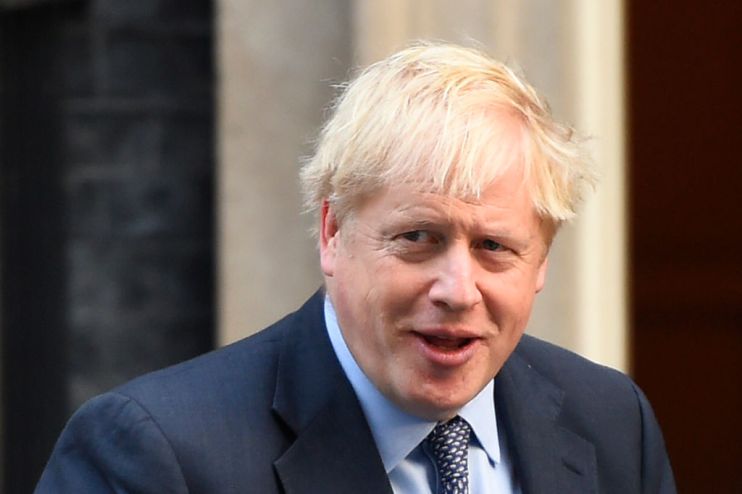A welcome revival for tax-cutting instincts

Tax cuts — remember them? So far, this has not been an election campaign to warm the hearts of those who yearn for a smaller state, whether it comes to the government’s outgoings or its revenue-raising appetite.
The Liberal Democrats yesterday joined the political pole vault contest in which parties promise to spend ever higher, taking the silver medal: a little bit more than the Conservatives’ offer, still a lot less than the amount being proposed by Labour.
While it should be noted that the Lib Dems are committed to a reduction of debt as a proportion of GDP, they’re still turning on the taps and eyeing new taxes to pay for it.
Their centrepiece is a penny on income tax to raise £7bn a year for the NHS while Labour plan a raid on those earning over £80,000 in addition to a slew of new taxes on companies and higher earners.
The Tories, meanwhile, have cancelled a proposed cut to corporation tax.
And yet, an unscripted comment from the Prime Minister on the campaign trail yesterday (which may or may not have been an accident) offers a real prospect of a proper tax cut.
An immediate hike to the national insurance threshold to £9,500 and an ambition to bring it up to £12,500 is welcome indeed. As the independent Institute for Fiscal Studies has said in the past, raising the threshold “is the best way to help low and middle earners through the tax system.”
It is not perfect. It doesn’t really help those on the very lowest incomes, and it will of course cost the Treasury in the short-term.
At an election when spending pledges are being thrown in the air like confetti at a wedding, that’s less than ideal.
It would also make sense to go further, and simply merge income tax and national insurance.
The Institute of Economic Affairs is right to say the current dual system “misleads the public” and such a radical move would create cost savings for businesses and government alike.
But these concerns aside, it is a reminder that at least some in Westminster still have a desire to reduce the burden on hard-working families, rather than attempting to concoct ever more imaginative ways to separate them from their hard-earned income.
The story of the post-crash economic recovery has two chapters: one on employment, which has remained strong, and one on wage growth and real incomes, which have disappointed. A proper tax cut for low and middle earners would be a fine way to start a new chapter.
Main image: Getty